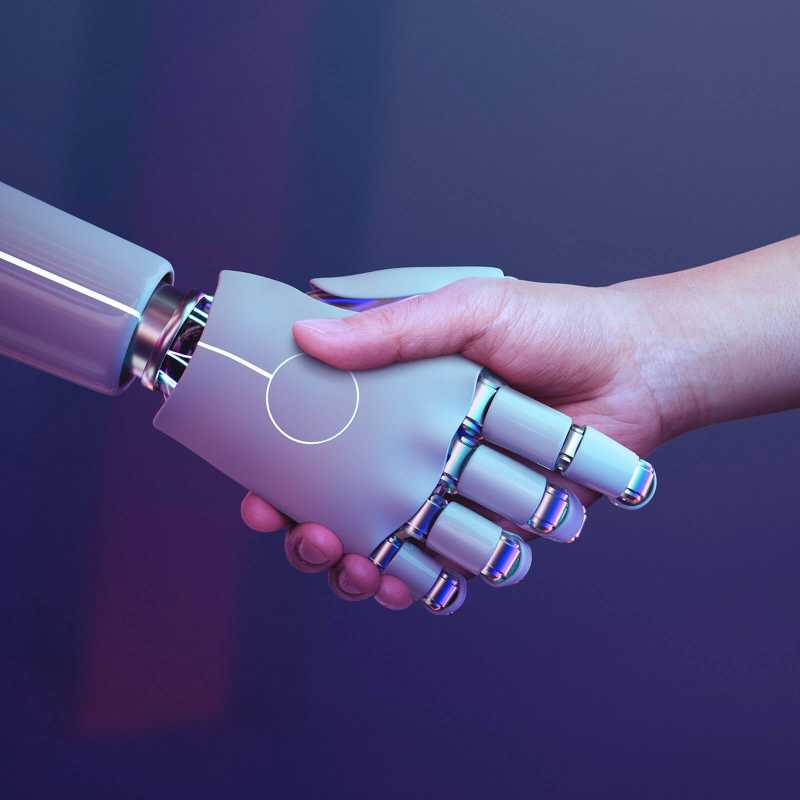Features
Future Of Work: Trends In Workplace Automation

Rapid advancements in technology have led to significant changes in the workplace. Automation, artificial intelligence (AI), and robotics have become increasingly prevalent, transforming industries and reshaping job roles. The future of work will undoubtedly be impacted by these trends, and it’s essential to understand the potential implications for both employees and employers.
The Rise of Automation
Automation is revolutionizing the workplace by replacing repetitive and mundane tasks with intelligent machines. Whether it’s automated machinery in manufacturing plants, chatbots in customer service, or algorithms in data analysis, automation has the potential to enhance efficiency and productivity.
With the rise of automation, many fear that jobs will be lost to machines. While certain routine tasks may indeed become obsolete, automation also creates new opportunities for upskilling and reskilling. Organizations should focus on identifying areas where humans can leverage their unique skills to collaborate with automated systems effectively.
The Impact on Job Roles
Automation will transform job roles across various industries. Repetitive and manual labor-intensive jobs are likely to be most affected. It’s expected that future job roles will require a higher level of digital literacy, problem-solving abilities, and creativity.
However, automation doesn’t necessarily imply complete job elimination. It often leads to the augmentation of job roles. Automated systems can handle routine tasks, freeing up human workers to focus on more complex and strategic responsibilities. Therefore, job roles may evolve rather than disappear completely.
The Importance of Human Skills
As automation takes over certain tasks, the importance of human skills becomes paramount. Soft skills such as critical thinking, emotional intelligence, creativity, and communication become highly valued in a more automated workplace. These skills are uniquely human and are essential for tasks that require empathy, complex problem-solving, and decision-making.
Organizations should foster a culture that encourages the development and utilization of these human skills. Investing in employee training and providing opportunities for enhancing creativity and adaptability will be crucial to ensure a smooth transition into an automated work environment.
Ethical Considerations
While workplace automation offers numerous benefits, it also raises ethical concerns. As AI and robotic systems acquire more decision-making power, issues surrounding privacy, transparency, bias, and accountability emerge.
Organizations must be mindful of these ethical considerations and ensure that automated systems are designed and implemented responsibly. Regulations and guidelines should be put in place to safeguard against unintended consequences and discriminatory practices. Close collaboration between policymakers, businesses, and academia is necessary to navigate these complex ethical challenges.
The Future of Work
Workplace automation is a transformative force that will shape the future of work. It will redefine job roles, necessitate the development of new skills, and require ethical considerations to be addressed. Despite concerns about job loss, automation also presents opportunities for greater efficiency, productivity, and innovation.
Preparing for the future of work means adapting to these emerging trends. Businesses must proactively embrace automation, recognizing its potential to enhance rather than replace human workers. It will be crucial to invest in continuous learning, reskilling, and upskilling to ensure employees thrive in this automated landscape.
The future of work is undoubtedly automated, but it is up to organizations and individuals to shape it to benefit humanity as a whole.










